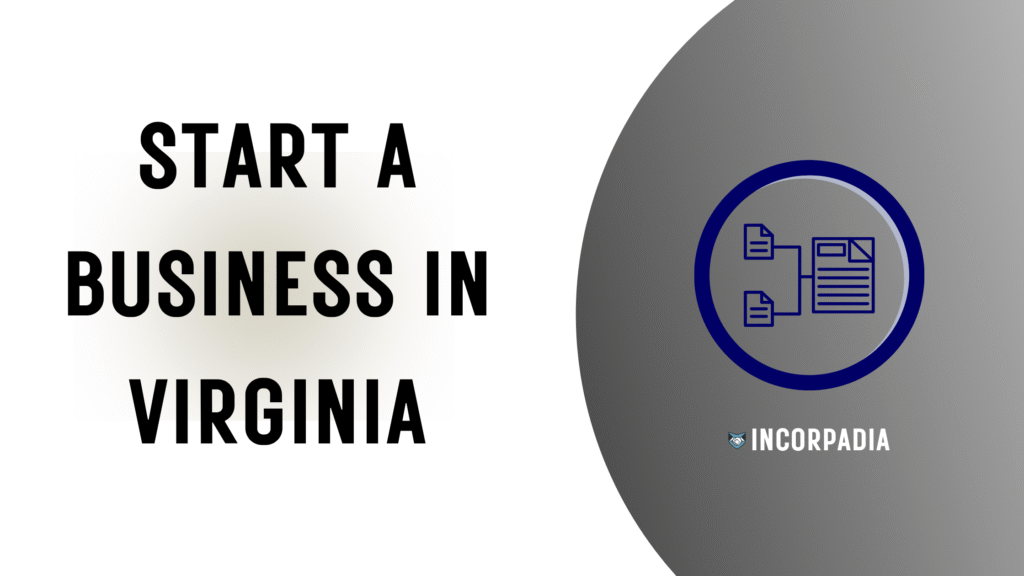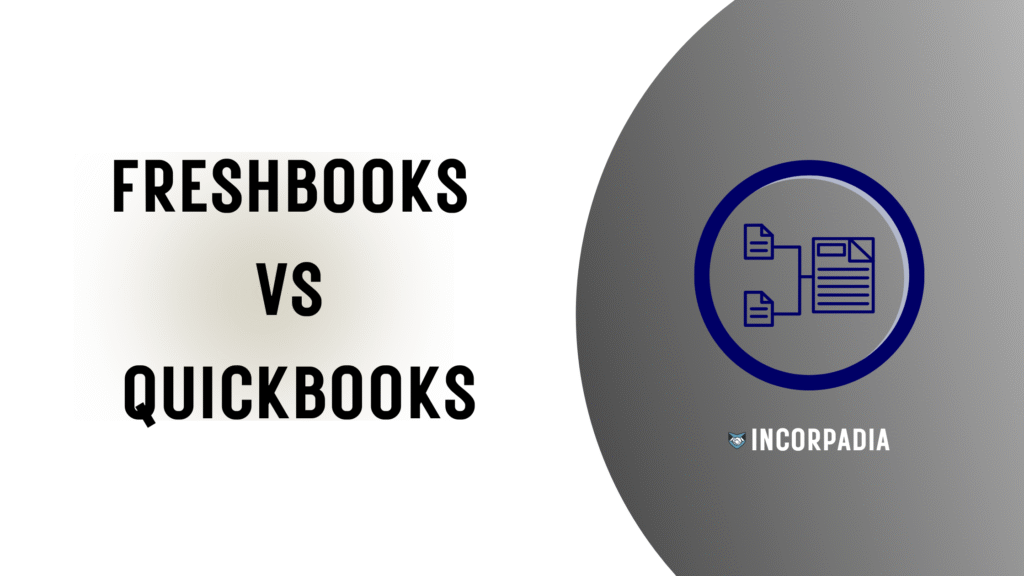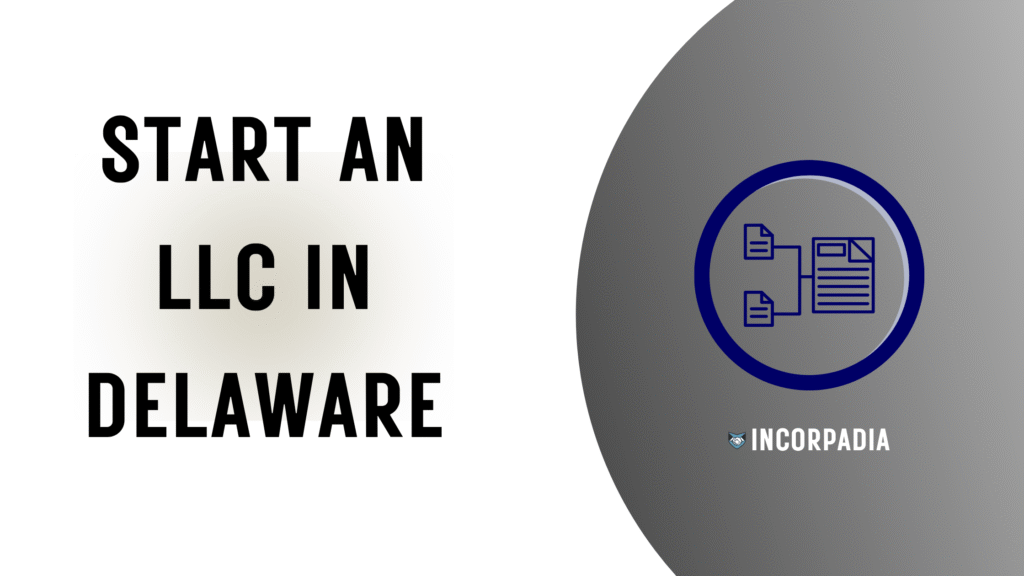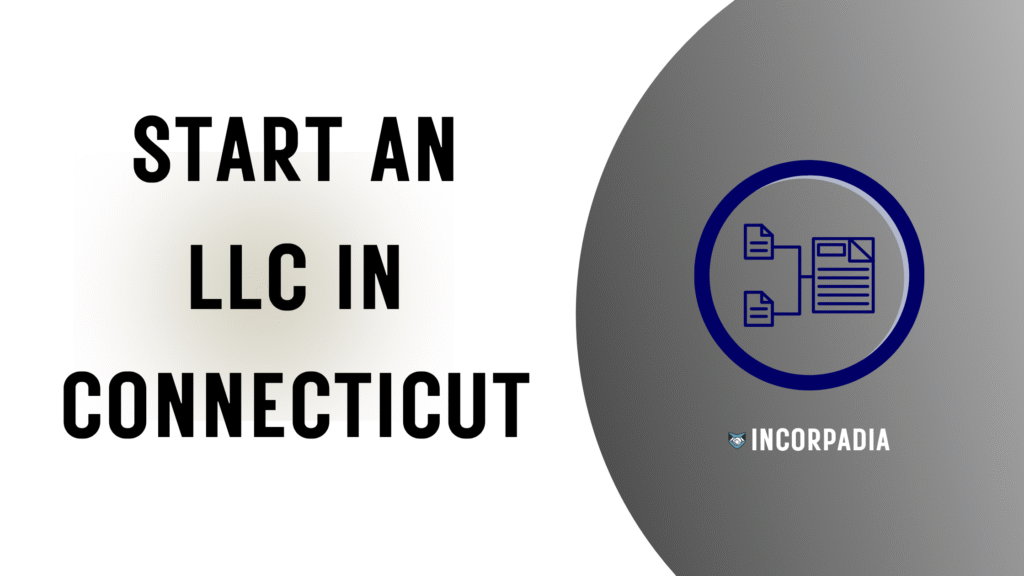Starting a business is an exciting, challenging, and rewarding experience. Whether you’re aiming to open a small coffee shop in Alexandria, start an online business from the comfort of your home, or launch a consulting firm, Virginia offers a range of opportunities and resources for entrepreneurs. From the vibrant urban centers of Richmond and Arlington to the scenic beauty of the Shenandoah Valley, Virginia is a great place to start your business journey.
However, before you dive in, it’s important to understand the necessary steps to set up your business properly. This guide will walk you through every step of the process, from creating a business plan to marketing your business effectively. We’ll also provide insights into the most common mistakes and pitfalls to avoid along the way.
How to Start a Business in Virginia?
Starting a business in Virginia follows a relatively simple process that requires careful planning, paperwork, and attention to detail. Below are the essential steps that will guide you in starting your business in Virginia:
Step 1: Create a Business Plan
Before you take any steps toward starting your business, it’s critical to create a business plan. A business plan is your roadmap to success, guiding your operations, financial goals, and overall strategy.
A well-structured business plan should include the following sections:
- Executive Summary: This section summarizes your business idea, mission statement, and vision for the company. It should briefly explain what your business does and what makes it unique.
- Company Description: Here, you’ll describe your business in detail, including your products or services, your target market, and what sets your business apart from the competition.
- Market Research: This part is essential for understanding your industry, identifying competitors, and analyzing your target market. Effective market research will help you validate the demand for your products or services.
- Marketing and Sales Strategies: Outline how you will attract customers, retain them, and generate sales. Include information on pricing strategies, advertising methods, and sales techniques.
- Financial Plan: A solid financial plan includes projected income, expenses, and cash flow. If you plan to seek funding, include financial projections, including break-even analysis and profitability estimates.
- Team and Management Structure: If applicable, introduce your team members and their qualifications, as well as your business’s organizational structure.
Step 2: Choose a Business Entity in Virginia
Selecting the right legal structure for your business is one of the most important decisions you will make. Your choice of business entity affects your taxes, liability, and overall operations. In Virginia, there are several options for business structures:
Sole Proprietorship
The simplest and most common form of business, a sole proprietorship is ideal for a business run by one person. As the owner, you are responsible for all aspects of the business, including its debts and obligations. While it’s easy to set up and maintain, the major downside is that you’re personally liable for any debts or lawsuits against the business.
Limited Liability Company (LLC)
An LLC is one of the most popular business structures for small business owners in Virginia. It combines the simplicity of a sole proprietorship with the liability protection of a corporation. LLC owners, called members, are not personally liable for the company’s debts or liabilities. It offers flexibility in terms of taxation, as it can be taxed as a sole proprietorship, partnership, or corporation.
Limited Liability Partnership (LLP)
This structure is often used by professionals such as accountants, lawyers, or consultants. It allows for liability protection while maintaining flexibility in business operations. Each partner in an LLP has limited personal liability, protecting them from the actions of other partners.
Corporation
Corporations are more complex and typically used by businesses that plan to grow significantly or eventually go public. A corporation is a separate legal entity, meaning it can own property, enter into contracts, and be held liable. Corporations provide strong liability protection, but they also come with more regulatory requirements and higher operating costs.
Step 3: Determine Your Virginia Business Costs
Understanding your startup costs is critical to planning your business’s financial future. Business costs vary depending on the type of business, its location, and its size. Some common startup costs in Virginia include:
- Business registration fees: You’ll need to pay for registering your business with the Virginia State Corporation Commission (SCC), which typically involves filing fees.
- Office space: If you’re renting an office or retail space, this will likely be one of your most significant expenses. The cost will vary depending on location and the size of the space.
- Equipment and inventory: If your business requires special equipment, furniture, or inventory, this can add up quickly. For example, a restaurant will need kitchen equipment, while a tech startup might need computers and software.
- Marketing and advertising: To attract customers, you’ll need to budget for marketing, which might include digital advertising, print materials, signage, or promotional events.
- Licensing and permits: Depending on your industry and location, you may need special licenses or permits. These costs vary based on your business’s needs and location.
- Employee salaries: If you plan to hire employees, you’ll need to account for salaries, benefits, insurance, and payroll taxes.
Step 4: Name Your Business in Virginia
Choosing a business name is a crucial step in branding your business. Your business name should reflect your values, mission, and what you offer. It should be memorable and easy to pronounce and spell. Here are some tips to help you choose the right name:
- Be unique: Your business name must be distinct to avoid confusion with other businesses. Use the Virginia State Corporation Commission (SCC) website to ensure the name isn’t already taken.
- Avoid restricted terms: Certain words, such as “bank,” “insurance,” or “corporation,” may require additional documentation or permissions.
- Consider domain availability: In today’s digital age, securing a matching domain name for your website is crucial. Make sure the name you choose is available as a web domain.
Step 5: Register Your Business in Virginia
Once you have a business name and legal structure in place, it’s time to register your business. This is an essential step to make your business officially recognized by the state. Here are the main steps to follow:
Get a Virginia Registered Agent
If you are starting an LLC or corporation, you are required to have a registered agent in Virginia. A registered agent is a person or business that receives legal documents on behalf of your company. You can hire a registered agent service or act as your own registered agent, provided you have a physical address in Virginia.
Apply for Virginia Formation Documents
After choosing a legal structure, you’ll need to file formation documents with the Virginia State Corporation Commission. This includes Articles of Organization for an LLC or Articles of Incorporation for a corporation. These documents can be filed online or by mail.
Request an Employer Identification Number (EIN)
An EIN is a unique identifier for your business, issued by the IRS. You’ll need this number to open a business bank account, hire employees, and file taxes. You can apply for an EIN online for free on the IRS website.
Step 6: Apply for Business Licenses and Permits
While Virginia doesn’t require a general business license, you may need local or industry-specific licenses and permits. These can be obtained from your city or county government. Here are some common permits and licenses:
- Zoning permits: If you’re operating from a physical location, check with your local zoning office to ensure your business complies with local regulations.
- Sales tax permit: If you sell tangible goods, you’ll need a sales tax permit from the Virginia Department of Taxation.
- Professional licenses: Certain professions, such as healthcare, law, or real estate, require state-level licenses.
Be sure to check with your local city or county clerk’s office to determine the exact requirements for your business.
Step 7: Get a Bank Account
Setting up a business bank account is an important step for separating your personal and business finances. A business bank account provides several benefits:
- Organize finances: Keeping your business and personal finances separate makes it easier to track expenses, manage cash flow, and file taxes.
- Build business credit: Establishing a business bank account helps you build business credit, which is essential for securing loans or credit lines in the future.
- Professionalism: Having a dedicated business account makes your business appear more professional to clients, customers, and suppliers.
Step 8: Market Your Business in Virginia
Once your business is set up, it’s time to market it. Marketing helps you reach potential customers, generate sales, and build brand recognition. Here are some marketing strategies that can help you succeed in Virginia:
- Create a website: A professional website is essential for most businesses today. It acts as your digital storefront and provides customers with important information about your products or services.
- Leverage social media: Platforms like Facebook, Instagram, and LinkedIn are great tools for reaching a large audience. Use these platforms to engage with your customers, promote your products, and share updates.
- Network locally: Attend local business events, join chambers of commerce, and participate in networking groups to meet potential customers and business partners.
- Offer promotions: Consider offering special promotions, discounts, or loyalty programs to attract and retain customers.
- Use digital advertising: Consider using Google Ads or Facebook Ads to target potential customers in Virginia.
Important Information
Do You Need to Have Business Insurance?
While business insurance is not required by law in Virginia, it is highly recommended. Insurance can protect you from unexpected events such as accidents, natural disasters, or lawsuits. The most common types of business insurance include:
- General liability insurance: Covers property damage, bodily injury, and personal injury claims.
- Workers’ compensation insurance: Required if you have employees, this covers workplace injuries or illnesses.
- Professional liability insurance: Protects against claims of negligence or mistakes in professional services.
What Is the Most Profitable Type of Business?
The most profitable type of business depends on various factors, including your industry, location, and business model. However, some sectors tend to offer higher profit margins, such as:
- Technology: Software companies and tech startups can often scale quickly and enjoy high profit margins.
- Healthcare: Medical practices, home health care services, and other health-related businesses tend to be lucrative.
- Consulting: Service-based businesses such as marketing, legal, or financial consulting often have high-profit potential with relatively low overhead.
FAQs
How Long Does It Take to Register a Business in Virginia?
The process of registering a business in Virginia can vary depending on the structure and how quickly you submit the required documents. Online filings are typically processed in a few business days, while paper filings may take longer.
Do I Need a Lawyer to Start a Business in Virginia?
It is not necessary to hire a lawyer, but it can be helpful. A lawyer can help you navigate the legal requirements, file documents, and ensure that your business complies with local, state, and federal regulations.
Can I Operate My Business from Home in Virginia?
Yes, home-based businesses are permitted in Virginia. However, you may need to obtain a home occupation permit or comply with local zoning regulations. Always check with your local government before operating from home.
Are There Any Grants Available for New Businesses in Virginia?
Yes, Virginia offers a variety of grants and funding options for new businesses. Some state programs and local organizations provide financial assistance to entrepreneurs, particularly in sectors like technology, renewable energy, and healthcare.







